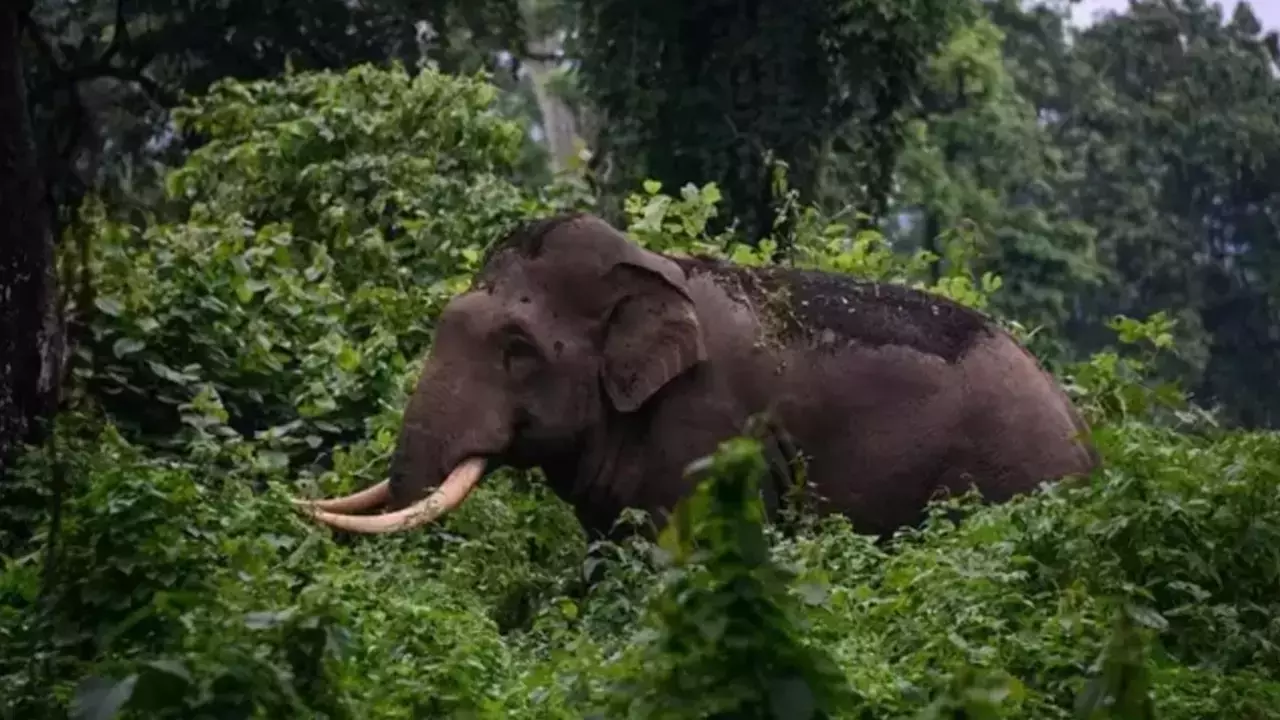The Kerala High Court was of the firm view that under the present circumstances, the balance of convenience would lie against the immediate capture of the wild tusker ‘Arikomban’, a rogue elephant which is causing disturbances in human settlements near Munnar.Taking note of the 'deplorable state' of captive elephants, as well as various instances of cruelty meted out to them, the...

